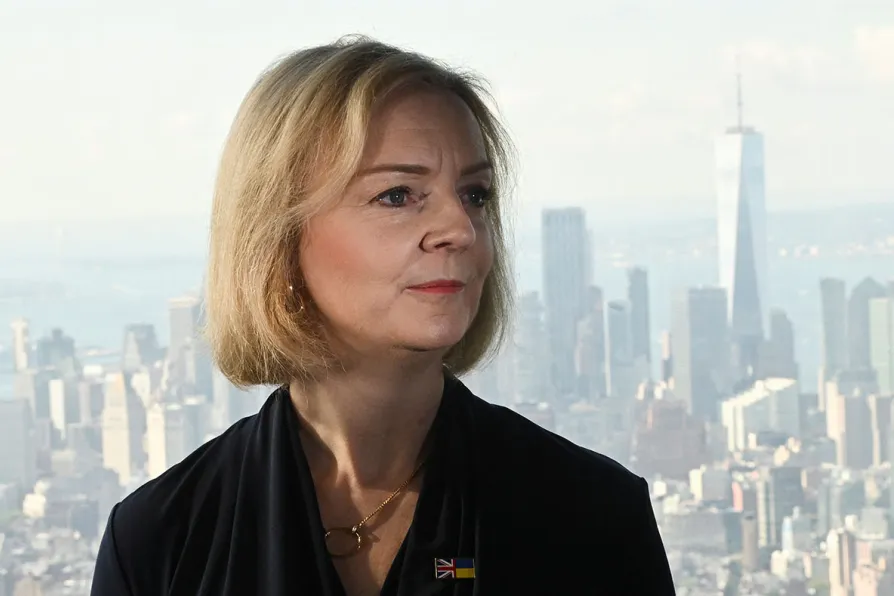Gaza’s collective sumud has proven more powerful than one of the world’s best-equipped militaries, but the change in international attitudes isn’t happening fast enough to save a starving population from Western-backed genocide, argues RAMZY BAROUD

 ELECTORAL LIABILITY? Prime Minister Liz Truss speaks to journalists at the Empire State Building in New York
ELECTORAL LIABILITY? Prime Minister Liz Truss speaks to journalists at the Empire State Building in New York
RECENT weeks have seen the great traditions of the British state on full display.
A government boosting bankers’ bonuses while cutting workers’ wages and planning anti-union laws. Flogging arms to conflict zones from Ukraine to Yemen to keep wars on the boil. And the Metropolitan Police shooting a black man dead.
We know bread is getting unaffordable, but the circuses aren’t so enchanting either.

Corbyn and Sultana commit to launching new socialist party

If Labour MPs who rebelled over the welfare reforms expected to be listened to, they shouldn’t have underestimated the vindictiveness of the Starmer regime. But a new left party that might rehome them is yet to be established, writes ANDREW MURRAY

Starmer doubles down on witch hunt by suspending the whip from Diane Abbott















